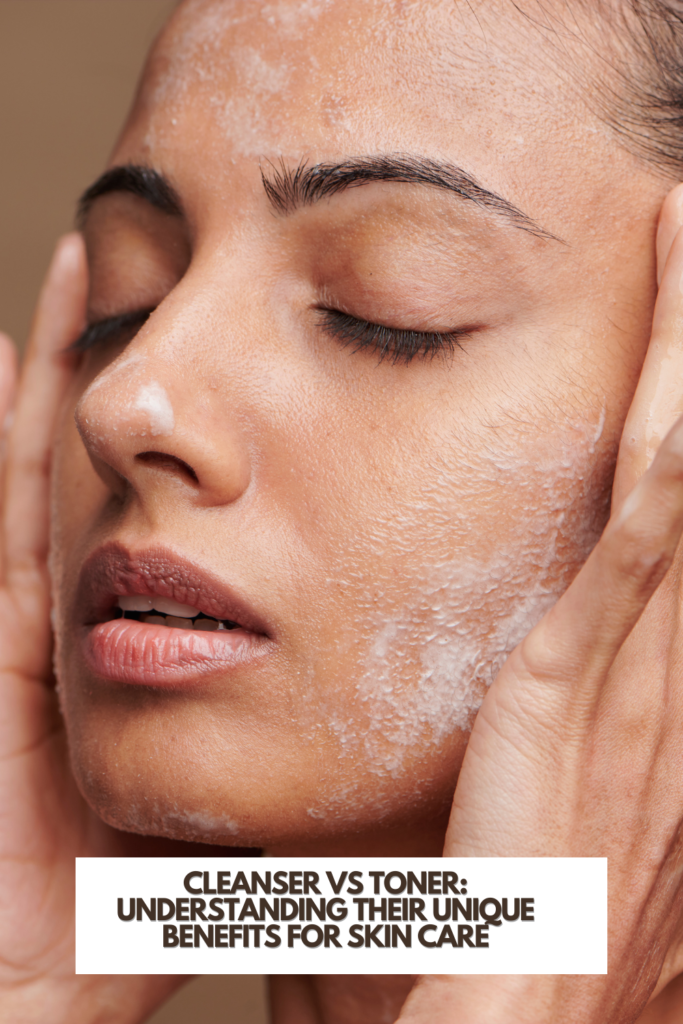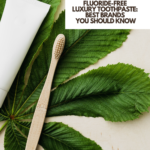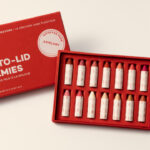Are you trying to understand the difference between cleanser vs. toner? Within the realm of skincare routines, cleansers and toners are often discussed for their roles in maintaining healthy skin. Cleansers are pivotal for the initial step of any skincare regimen; their primary function is removing dirt, oil, makeup, and other unwanted debris from the skin.
By cleansing, we help prevent clogged pores that can lead to breakouts and we enhance our skin’s ability to absorb other skincare products.
FTC DISCLOSURE: Some of the links in this post are affiliate links. If you click on them and make a purchase, I will receive a small finder’s fee on the sale. This does not increase your price in any way shape or form. Using these links help support the continuation of this website. All opinions are my own. Thank you in advance.
Toners, on the other hand, were traditionally designed to restore the skin’s pH balance after cleansing, given that older cleansers could disrupt this balance.
However, modern toners do more than just balancing pH levels; they also remove residual impurities, provide additional nutrients to the skin, and can help in addressing specific skin concerns such as oiliness or dryness.
Understanding the distinctive benefits of each product is crucial for effectively incorporating them into our skincare routine, ensuring we achieve the best possible results for our skin.
Key Takeaways
- Cleansers are essential for removing surface debris and prepping the skin for additional products.
- Toners can enhance cleansing by removing lingering impurities and balancing the skin’s pH.
- Both products have unique benefits and contribute positively to maintaining healthy skin.
Understanding Cleansers
Before we delve into the specifics of a facial cleanser, it’s crucial to understand that their primary function is to clear the skin of makeup, dirt, and oil, setting the stage for other skincare products to perform effectively. It’s usually the first step in any skincare routine and is crucial even when double cleansing. It should be used on a daily basis:
Types of Cleansers
Various types of cleansers cater to different cleaning needs and preferences. Here’s a succinct breakdown:
- Gel Cleansers: Ideal for deep cleansing, they’re adept at decongesting clogged pores, removing excess oil, and combating acne. They have a gel-like consistency and are easy to use.
- Foaming Cleansers: These create a rich lather and are excellent for a thorough clean, removing oil and leftover makeup effectively.
- Cream Cleansers: With a typically thick and creamy texture, they are more hydrating and suitable for dry skin.
- Oil-Based Cleansers: These dissolve stubborn waterproof makeup and sunscreen, acting through the ‘like dissolves like’ principle.
- Micellar Water: A gentle option infused with micelles that attract dirt and oil, perfect for a quick refresh or for sensitive skin.
YOU MIGHT ALSO LIKE TO READ:
How To Apply Mineral Sunscreen On Darker Skintones
Cleansing and Skincare Routine
Incorporating cleansing into our daily skincare routine aids in maintaining healthy skin. Here’s a streamlined approach:
- Morning Cleanse: Opt for a milder cleanser to refresh the skin without stripping it of its natural oils.
- Evening Cleanse: Choose a more robust cleanser or a two-step process (oil cleanser followed by a foam or gel cleanser) to remove the day’s buildup.
Cleansers for Different Skin Issues
Selecting a cleanser can be influenced by specific skin issues:
- Oily Skin: Gel or foaming cleansers that contain surfactants to cut through oil without over-drying.
- Dry Skin: Cream or oil-based cleansers to add moisture while cleansing.
- Acne-Prone Skin: Choose options with ingredients like salicylic acid to help manage breakouts.
- Sensitive Skin: Fragrance-free, gentle formulations like micellar water to avoid irritation.
By understanding the unique functions of different cleansers and the role they play in our skincare routine, we can better address our skin’s needs and concerns.
Exploring Toners
Toners are a vital step in our skincare routine, designed to hydrate, restore pH balance, and cater to specific skin needs.
Types of Toners
Hydrating Toners: These toners are typically infused with humectants like glycerin and aloe vera, which attract moisture to the skin. Key hydrating ingredients also include niacinamide and ceramides, which support the skin’s barrier and boost hydration levels.
Exfoliating Toners: Containing alpha-hydroxy acids (AHAs) or beta-hydroxy acids (BHAs) like salicylic acid, exfoliating toners help to remove dead skin cells, clear pores, and can be beneficial for those of us with acne-prone skin.
pH Balancing Toners: The purpose of these toners is to restore the skin’s natural pH level, which can be disrupted during cleansing. Ingredients like witch hazel or low concentrations of alcohol can assist in balancing the skin. These are also astringent products.
- Hydrating Toners: e.g., aloe vera, glycerin
- Exfoliating Toners: e.g., salicylic acid, lactic acid
- pH Balancing Toners: e.g., witch hazel, rose water
Toning and Skincare Routine
Our daily skincare routine can benefit significantly from the inclusion of a toner right after cleansing. Applying facial toner helps remove any residual impurities and prepares our skin to absorb the following skincare products more effectively. It is often the second step in one’s skincare routine and is super helpful for soothing the surface of the skin.
For optimal results, we can apply toner with a cotton pad or with our palms, gently pressing onto the skin.It truly is a great addition that will help the appearance of your skin.
Toners for Specific Skin Needs
The toner we choose should complement our skin’s specific requirements:
- For acne-prone skin, look for a toner with salicylic acid or witch hazel, which can help clarify and minimize the appearance of pores.
- When aiming to hydrate, a toner with glycerin or hyaluronic acid elevates moisture levels in our skin.
- To combat oxidative stress and fortify the skin’s defenses, toners with antioxidants such as vitamin C or green tea are ideal.
Selecting a toner with the right active ingredients can help us address our unique skincare needs while enhancing the overall health and appearance of our skin.
YOU MIGHT ALSO LIKE TO READ:
How to use Tamanu Oil for your skin
Comparing Effects on Skin Health
When we consider skin health, it’s essential to understand how cleansers and toners function differently and their respective effects on our skin’s wellbeing.
Cleanser Versus Toner
Cleansers are designed to clean the skin by removing dirt, oil, and makeup, ensuring that impurities are cleared away. Depending on the skin type, cleansers come in various formulations to accommodate sensitive or oily skin needs.
Toners, on the other hand, function by further refining pores after cleansing, removing any last traces of dirt, and balancing the pH of your skin. They often contain ingredients that can soothe the skin and have an added benefit of preparing it for the next steps in a skincare regimen.
Impact on Skin Barrier
A healthy skin barrier is crucial for maintaining skin hydration and protecting against environmental aggressors. Cleansers, especially harsh ones, can sometimes strip the skin of its natural oils, potentially weakening the skin barrier. We must choose a cleanser that is effective yet gentle to preserve our skin’s health. Toners can complement cleansers by helping to restore the skin barrier if they contain hydrating and soothing ingredients.
Role in Acne and Oil Control
Acne and oil control are significant concerns for those of us with oily or combination skin. A good cleanser can help by unclogging pores and reducing the buildup of dead skin cells and sebum, which are common culprits behind breakouts. In the same vein, toners that are targeted for acne-prone skin often contain ingredients like salicylic acid, which helps in further cleaning the pores and managing sebum production.
Thus, when used thoughtfully, cleansers and toners both play a pivotal role in maintaining clear and healthy skin.












